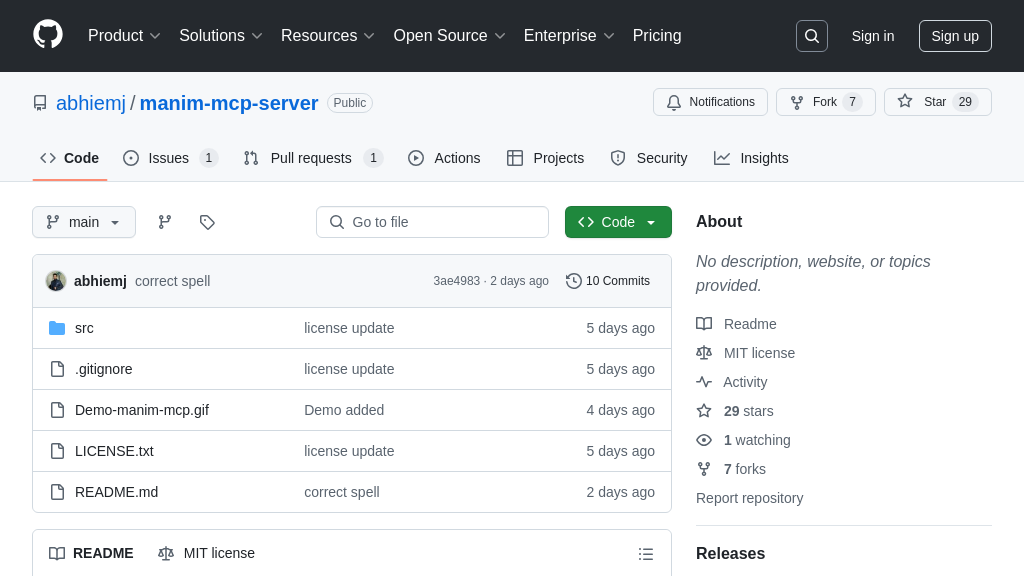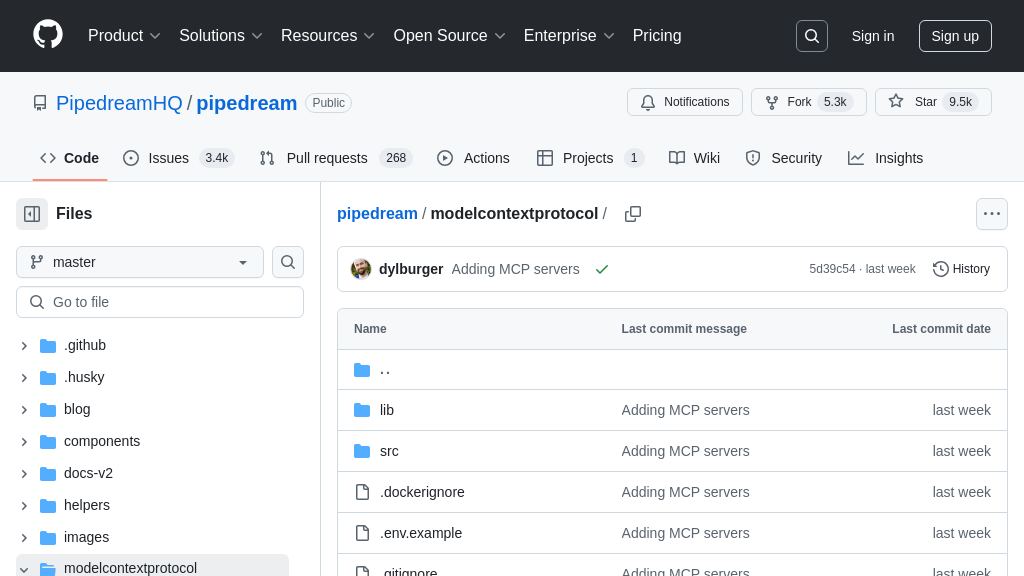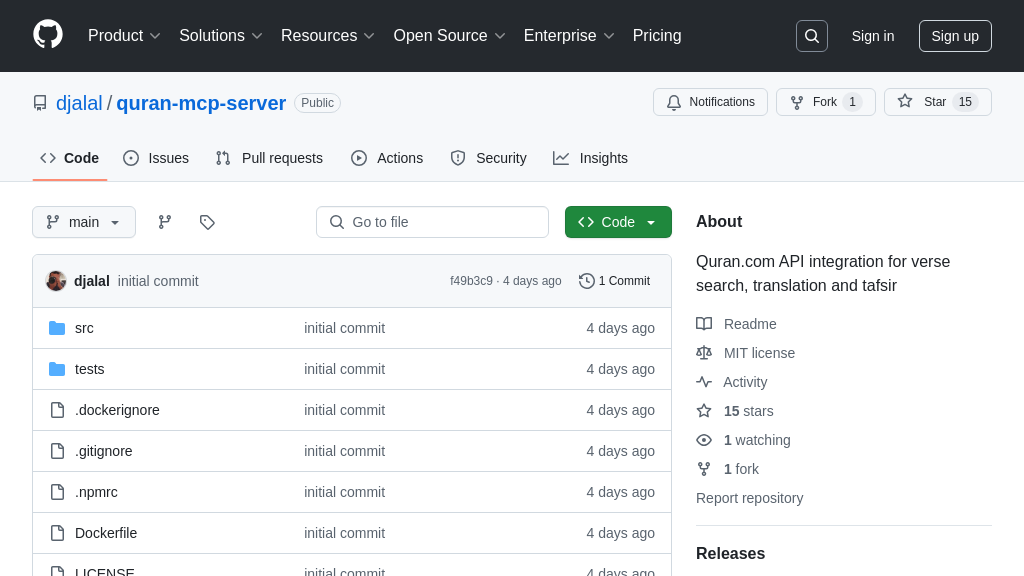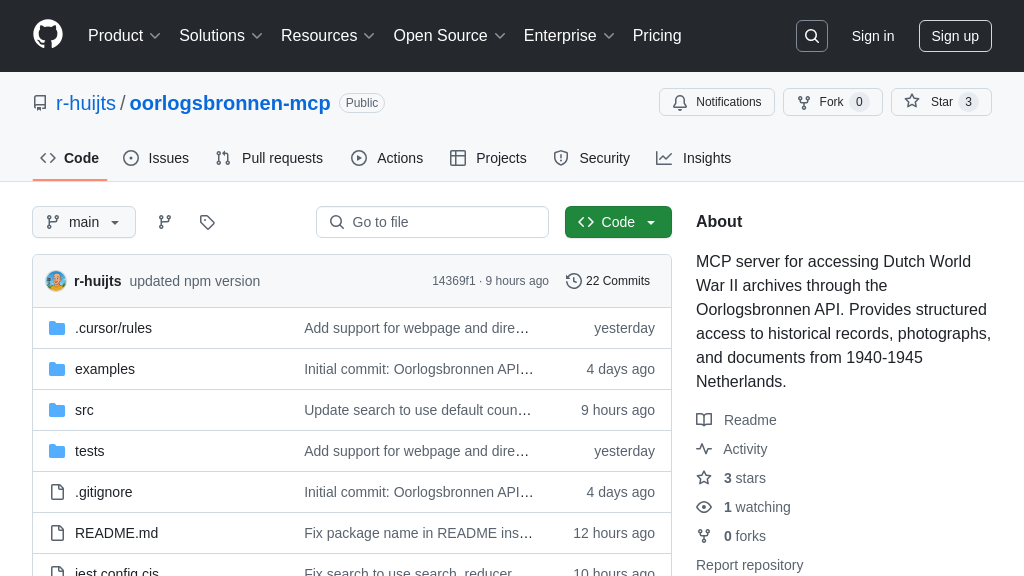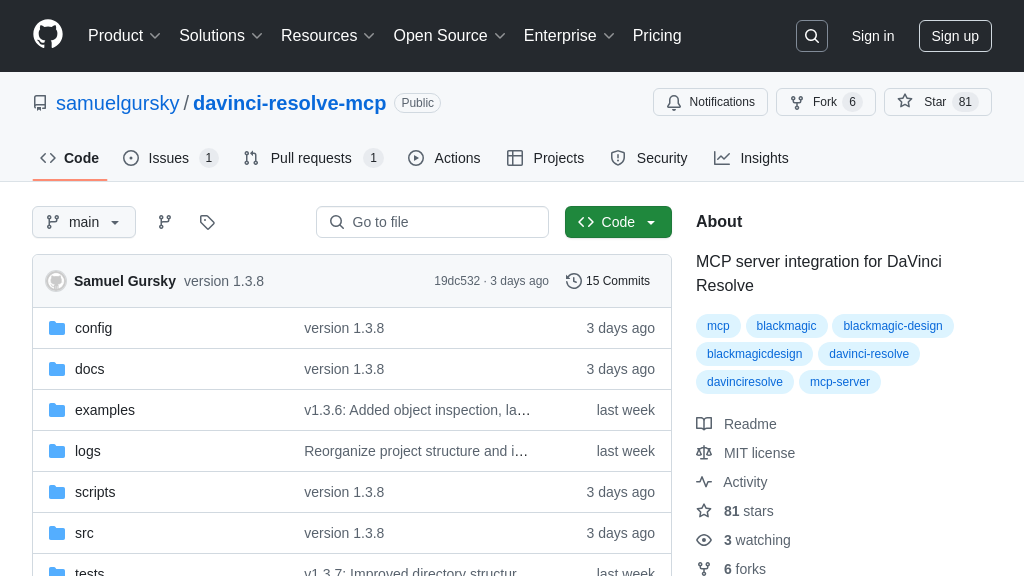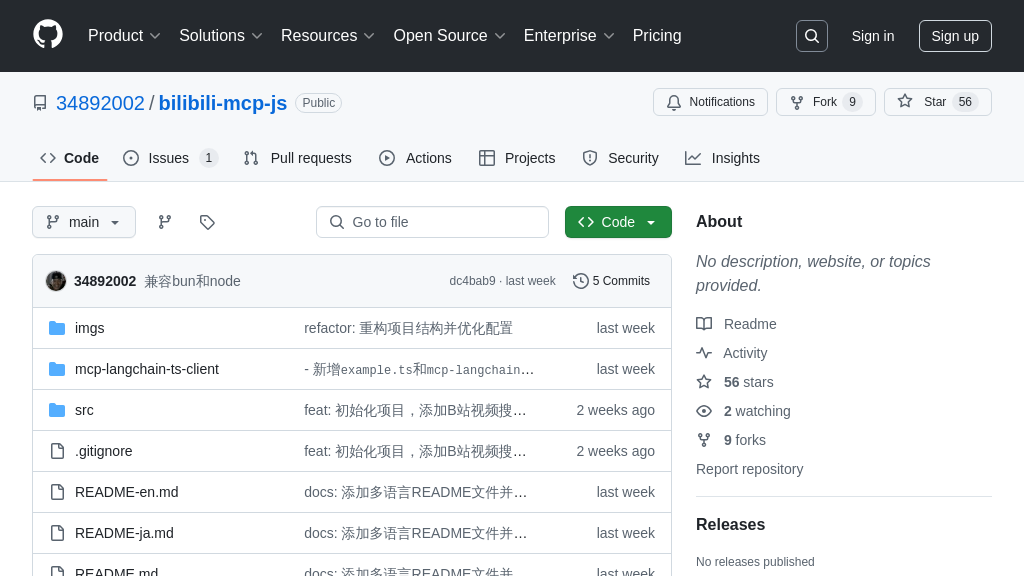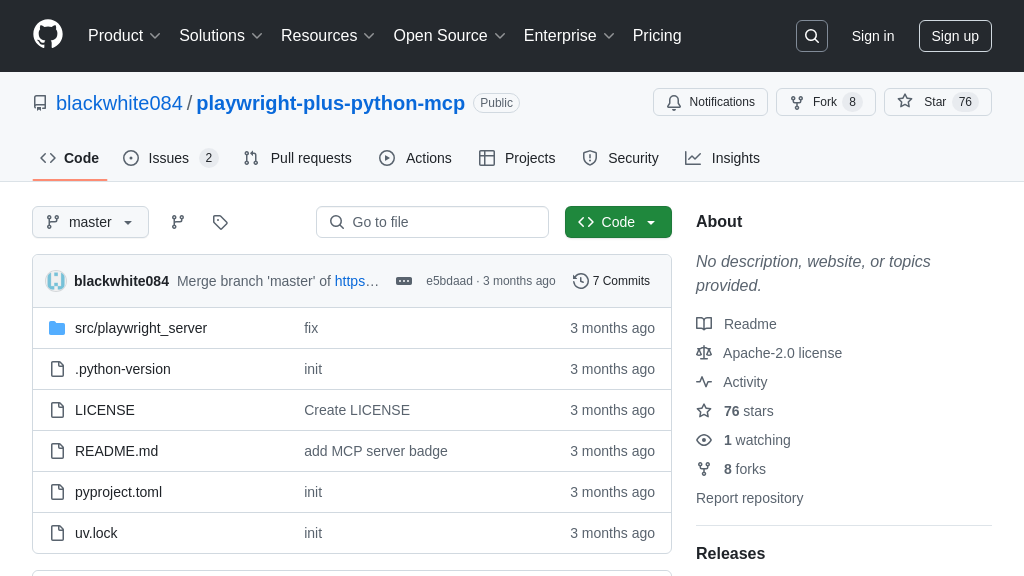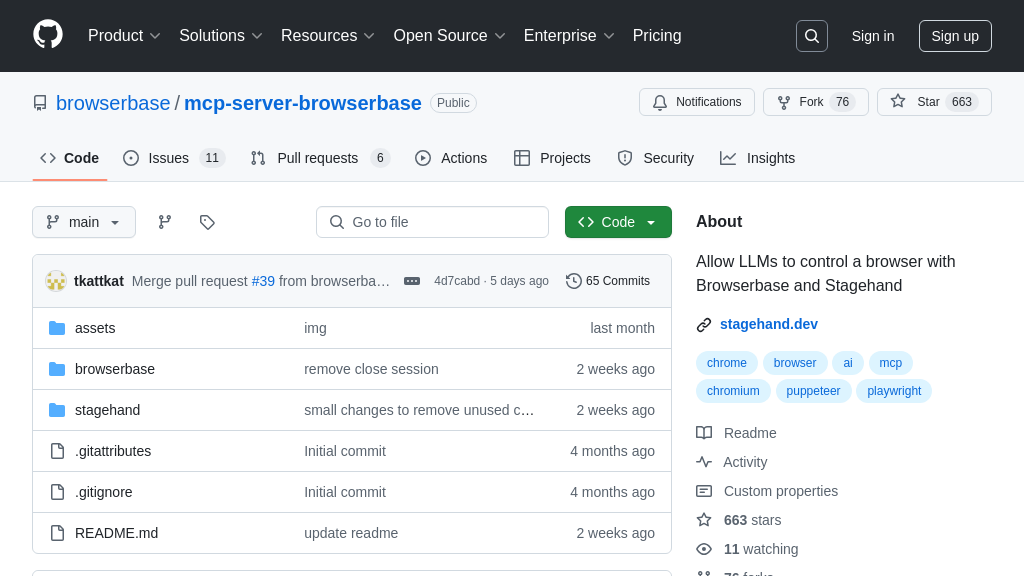mcp-notion-server
The mcp-notion-server enables AI models like Claude to interact with Notion, providing a standardized interface for data access and manipulation.
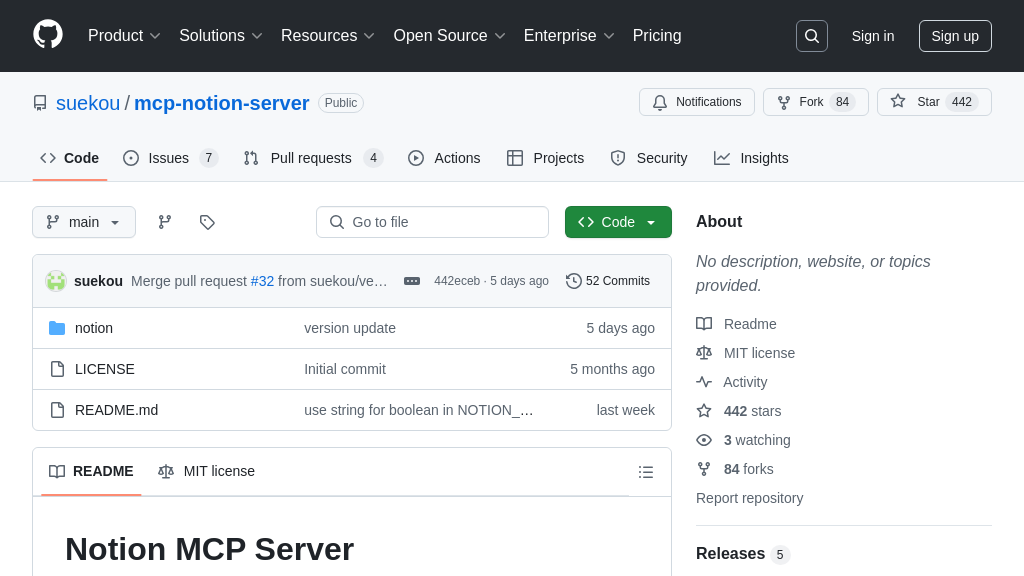
mcp-notion-server Solution Overview
The mcp-notion-server is an MCP server designed to seamlessly connect AI models, particularly Claude, with Notion workspaces. It acts as a standardized interface, enabling AI to interact with and manipulate data within Notion. This server empowers AI models to perform tasks such as retrieving page content, updating properties, creating database entries, and executing complex queries, all through a unified protocol.
Key features include tools for block manipulation, database querying, and user management. Developers can leverage this server to build AI-powered workflows that automate Notion tasks, extract insights from Notion data, or even create intelligent agents that collaborate within Notion. By enabling Markdown conversion, the server also optimizes token consumption, improving efficiency. The mcp-notion-server simplifies the integration process, allowing developers to focus on building innovative AI applications that leverage the power of Notion. It's configured via environment variables and integrates smoothly with the Claude desktop environment.
mcp-notion-server Key Capabilities
Notion Data Access via AI
The mcp-notion-server acts as a bridge, enabling AI models like Claude to seamlessly interact with Notion workspaces. It provides a standardized interface, adhering to the MCP, for AI models to access and manipulate data within Notion. This eliminates the complexities of direct API integration, allowing AI to focus on data processing and task execution. The server translates AI requests into Notion API calls and returns the results in a format understandable by the AI.
For example, an AI assistant can use this server to retrieve meeting notes from a Notion page, summarize the key discussion points, and then update a task list database with action items. This streamlines workflows and enhances productivity by automating tasks that previously required manual intervention. The server handles authentication and data formatting, ensuring secure and efficient communication between the AI and Notion.
Comprehensive Notion API Coverage
This MCP server offers a wide array of tools that mirror the capabilities of the Notion API. These tools include functionalities for creating, retrieving, updating, and deleting pages, databases, blocks, and comments within Notion. The server exposes these functions as distinct tools, such as notion_create_database, notion_retrieve_page, notion_update_page_properties, and notion_delete_block, providing AI models with granular control over Notion data.
Consider a scenario where an AI is managing a project within Notion. It can use notion_query_database to filter tasks based on their status, notion_update_page_properties to mark tasks as complete, and notion_append_block_children to add new subtasks to a project page. This comprehensive coverage ensures that AI models can perform a wide range of tasks within Notion, from simple data retrieval to complex workflow automation.
Markdown Conversion for Efficiency
To optimize token usage and improve readability, the mcp-notion-server supports experimental Markdown conversion. By setting the NOTION_MARKDOWN_CONVERSION environment variable to "true", responses from Notion can be converted into Markdown format. This significantly reduces the number of tokens required to process the information, especially when dealing with large text blocks. The format parameter in each tool call allows control over the response format on a per-request basis.
For instance, when an AI model needs to read a lengthy document from Notion, using the "markdown" format can drastically reduce token consumption compared to the default "json" format. This is particularly useful for AI models with token limits, enabling them to process more information within the same constraints. However, it's important to note that Markdown conversion is experimental and may affect the ability to edit content due to the loss of the original structure.
Simplified Authentication and Configuration
The mcp-notion-server simplifies the authentication process by utilizing Notion's internal integration token. Users can create a Notion integration, retrieve the token, and configure the server with this token via the NOTION_API_TOKEN environment variable. This eliminates the need for complex OAuth flows or API key management, making it easier to set up and use the server. The configuration is managed through the claude_desktop_config.json file, allowing for easy integration with AI clients.
For example, a developer can quickly set up the server by following the instructions to create a Notion integration, copy the integration token, and add the server configuration to their claude_desktop_config.json file. This streamlined process allows developers to focus on building AI-powered applications that leverage Notion data, rather than spending time on complex authentication and configuration tasks.
Integration Advantages
The mcp-notion-server seamlessly integrates into the MCP ecosystem, offering a standardized way for AI models to interact with Notion. By adhering to the MCP, it ensures compatibility with various AI clients and servers, promoting interoperability and reducing integration efforts. The server supports both standard input/output and HTTP/SSE transport mechanisms, providing flexibility in deployment and communication. This allows developers to easily incorporate Notion data into their AI workflows, regardless of the specific AI client or server they are using.
